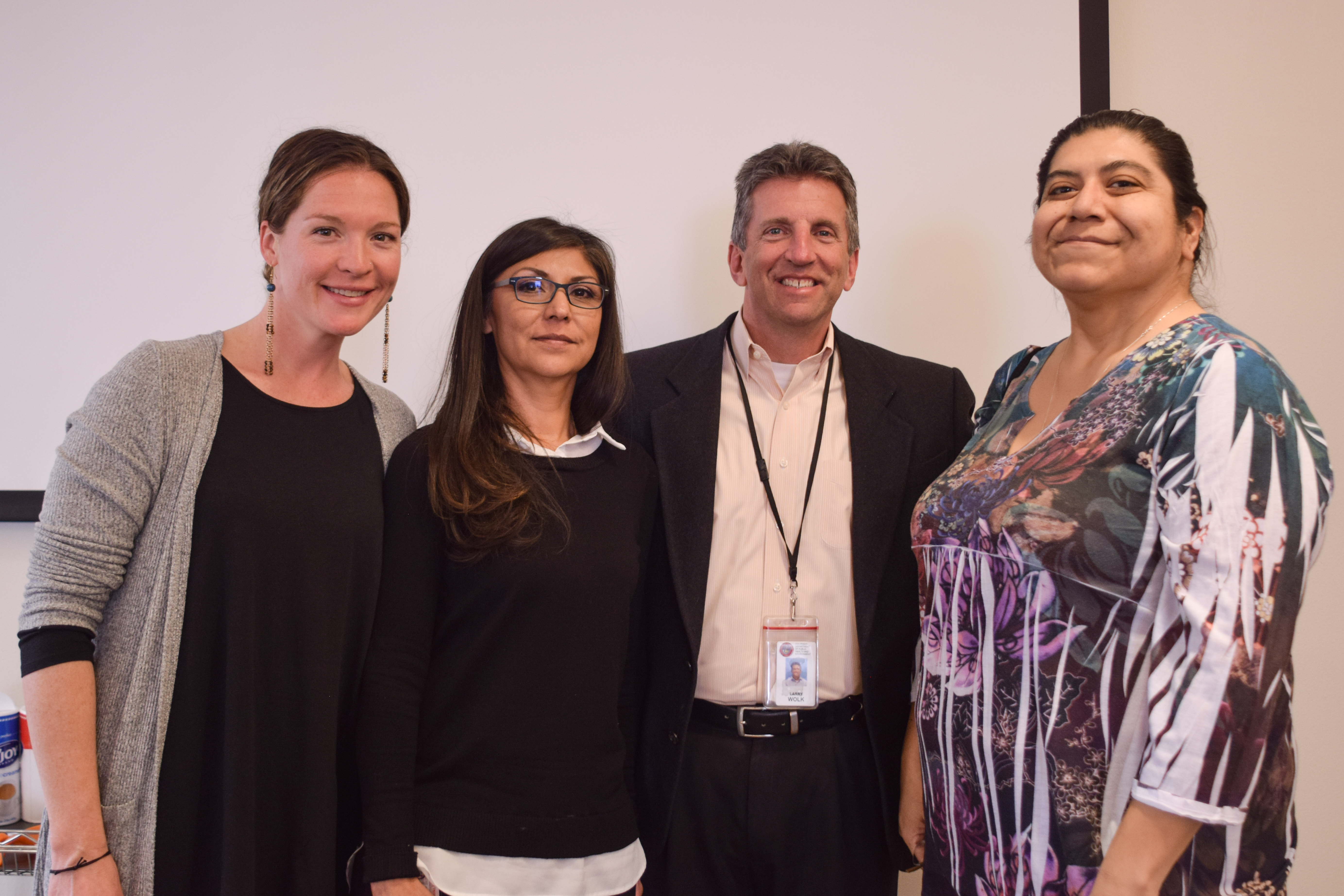The Southern Ute and Ute Mountain Ute Indian Tribes met with representatives from the Colorado Department of Public Health & Environment (CDPHE) on Monday, Jan. 4, to discuss updates, issues, and solutions regarding the health and wellbeing for tribal members on the reservation. With a New Year beginning, strategies to benefit the tribal communities have been measured, but the concerning question affiliates have been asking is if improvements will show.
“We’re aiming to take considerable action on these issues that stir on the reservations,” said Larry Wolk, Executive Director and Chief Medical Officer of CDPHE, who was accompanied by Audra Bishop, CDPHE representative. “
One of the discussed topics was the use of heavy drugs, which has gone rampant across the reservation.
Councilman Melvin J. Baker claimed that meth has become an issue, being that the Four Corners has been struggling with controlling the substance for years.
“I’m concerned about the meth and harder drugs – I don’t think anyone is mentioning that,” he said. “Other tribes have come down with harder discipline on their community because these heavier drugs are destroying lifestyles. I think the tribes have the opportunity to punish drug dealers that are on our own reservation.”
Baker added that marijuana is easily accessible to tribal members even though it is illegal on the reservation.
“Meth can destroy lives more than marijuana. I know we don’t recognize it here on our own reservation, but that won’t stop tribal members from driving over to Durango where they can buy it legally.”
Ute Mountain Ute Council Lady, DeAnn House, stated that educating the tribal communities about the realities of heavy drugs is a necessity in order to drive toward healthier lifestyles.
“We need to educate our communities on exactly what drugs like meth can do,” she said. “Hosting town meetings would be beneficial – it would allow our elders and youth to further understand how these drugs destroy lives.”
Among drug concerns, the rising rate of teen pregnancy across Indian Country has been overwhelming – with Native teens having the third highest teen birthrate in the United States among the five major racial/ethnic groups. Among these statistics, sexually transmitted diseases have also increased annually.
With various intervention programs available, tribal affiliates have been balancing the choices between western and traditional.
“As long as we’re creative, we stand by our creativity,” House added. “We have a woman’s group that teaches about the rights of passage. If we don’t learn that, then we won’t know how to apply our strength.”
“Nowadays we don’t set boundaries for our children,” said Southern Ute Tribal Chairman, Clement J. Frost “Parents must educate their children about the proper lifestyles and the things that can destroy it.”
Mary Young, behavioral health manager at the Southern Ute Health Center, said that every healthy lifestyle begins with a healthy mentality, which has flown under the radar numerous times on sovereign lands.
“It all starts with mental health,” she said. “It defines you as a person. Natives are killing themselves everyday because they feel the help isn’t there.”
According to the American Foundation for Suicide Prevention, 40 percent of Native Americans that die from suicide are from the ages of 15 and 24. Among young adults ages 18 to 24, Native Americans have higher rates of suicide than any other ethnicity, and higher than the general population.
“All health is circled around mental health,” DeAnn House stated. “If you don’t have that self-esteem about who you are, then you’re not going to seek help.”

